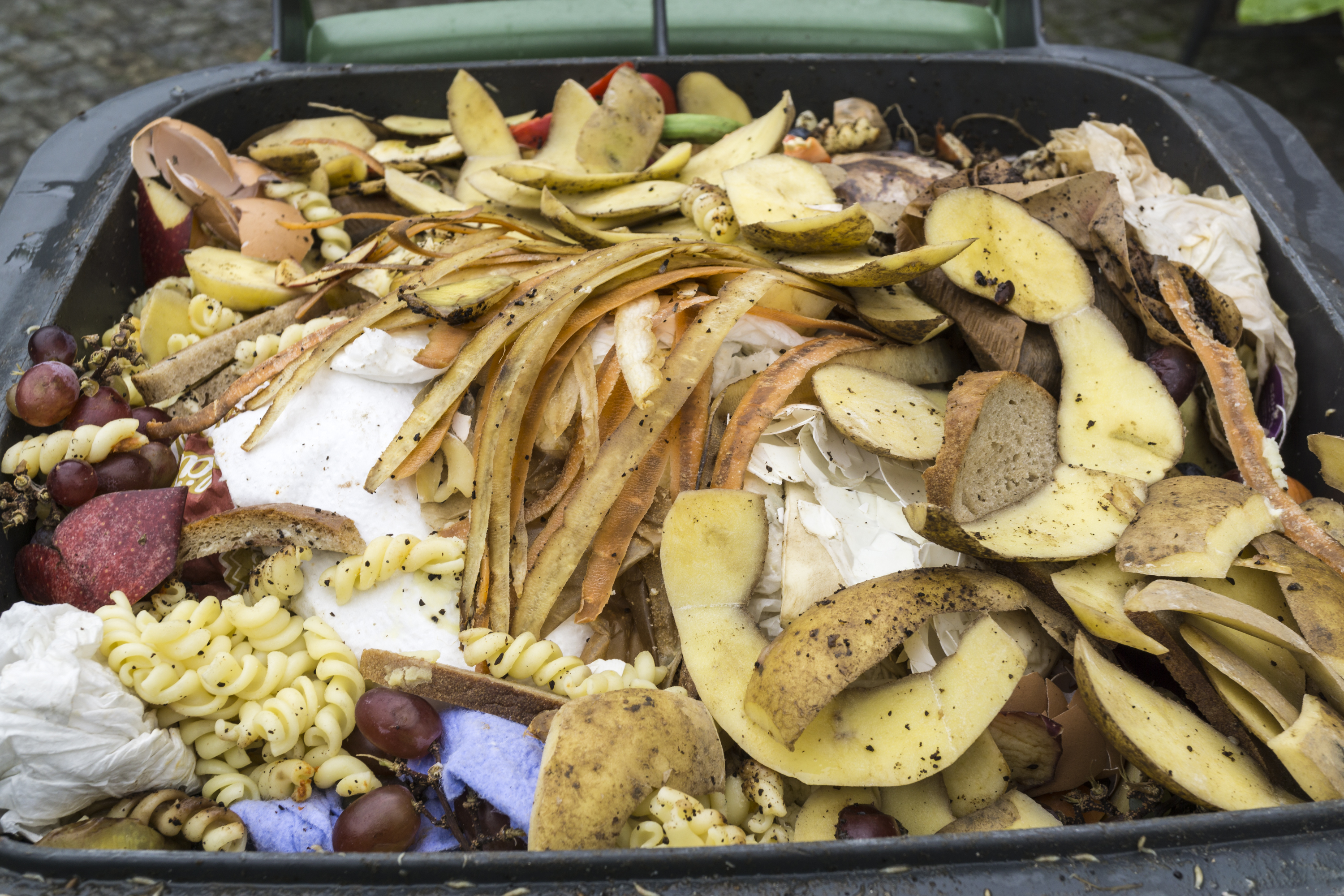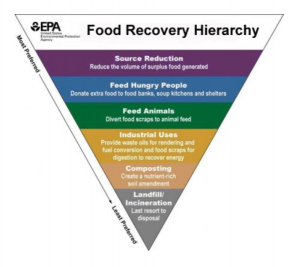- Food waste in America is a massive industry that no one really wants to be a part of. Annually, Americans waste an estimated 133 billion pounds of food, or about 30 to 40 percent of all food. Most of this waste ends up in garbage bins to be transported to landfills around the country—and even around the world. Customers (especially millennials) are demanding that restaurants operate in a socially responsible manner by reducing and recycling waste… But challenges still remain with regard to waste management for restaurants. Over the past several years, companies have implemented strategies to reduce food waste—and restaurants are on the front line, leading the way for this critical change in American and global preservation efforts.
High Expectations
Restaurants face a unique challenge because their entire business lifeline depends on providing high quality food at reasonable costs. However, behind the scenes of every five-star plate presented to a customer is all the effort that goes into creating a memorable experience, including deliveries, food preparation, dishwashing, overhead, equipment maintenance and facilities. And—fair or not—customers are scrutinizing more than just the end product.
The First Step: Identify Waste Sources
The EPA Food Recovery Hierarchy is a great way to begin to understand how much food is wasted and provide options for waste reduction.
- Source Reduction. This simply means having a plan for what and how much to purchase. Best business practices demand that managers are organized and efficient in purchasing food quantities.
- Food Donation. Extra food can always be donated to a local organization or food bank. (If you’re in North Carolina or South Carolina, go here to learn more.)
- Animal Feed. Many food scraps may be suitable for animal consumption.
- Industrial Options. Identifying how to reuse or recycle waste oil.
- Landfill Option. This is the last resort, where discarded waste must be either shipped to a landfill or incinerated.
Waste management for restaurants is an everyday challenge. Food waste can be caused by defective product, improper handling and cooking, spoilage, food not eaten by the customer and under-utilization of all parts of fruits, vegetables and proteins. (For example carrot tops are edible… lemon and orange zest can brighten many dishes, and bone broth is delicious and prized.)
The newest trend for restaurants is an effort to achieve zero-waste kitchens, hoof-to-tail animal processing, and farm-to-table programs in their effort to reduce food waste. Here are some other steps you can take:
- Recycling. Having a recycling program is a key component to any successful food waste management system. Glass, plastic, paper, steel, tin, and aluminum shouldn’t go into the garbage.
- Smaller Portion Sizes. Serving smaller portion sizes serves two purposes. It saves time and resources in the preparation and also reduces the amount of food that is left uneaten on a plate.
- Go Green. Diners are becoming more socially conscious about what they eat, where they eat—and even how their food is prepared. In response to this demand, restaurants are increasingly seeking to become “green certified.”
It’s Not Just Food Waste
Restaurants are not only in the business of cooking… There are several other areas where waste is present and can be reduced or (even better) eliminated. For example, dishwashing, water consumption, cleaning supplies, electricity, heating and cooling, maintenance and overhead are additional areas where restaurant owners may seek to reduce waste. Consider using biodegradable or even compostable disposables and to-go containers.
While the consumer is mostly concerned with service and the quality, taste and presentation of their meal, owners and managers can do their part with various approaches to waste management for restaurants. (See our Effective Waste Management for Manufacturers blog post for some best practices that may also be applicable to restaurants. For example, many of the same issues are present: excess processing, defects, downtime, overproduction, inventory, transportation, motion and management.)
PRIDE. COMMITMENT. EXCELLENCE.
Most people don’t think too much about the trash we throw away… But some of us think about it a lot. At Patriot Sanitation Management, we’ve made it our business to figure out how to manage waste better. To learn more about our services, contact us today: (919) 773-8008 for your free commercial waste removal estimate.




